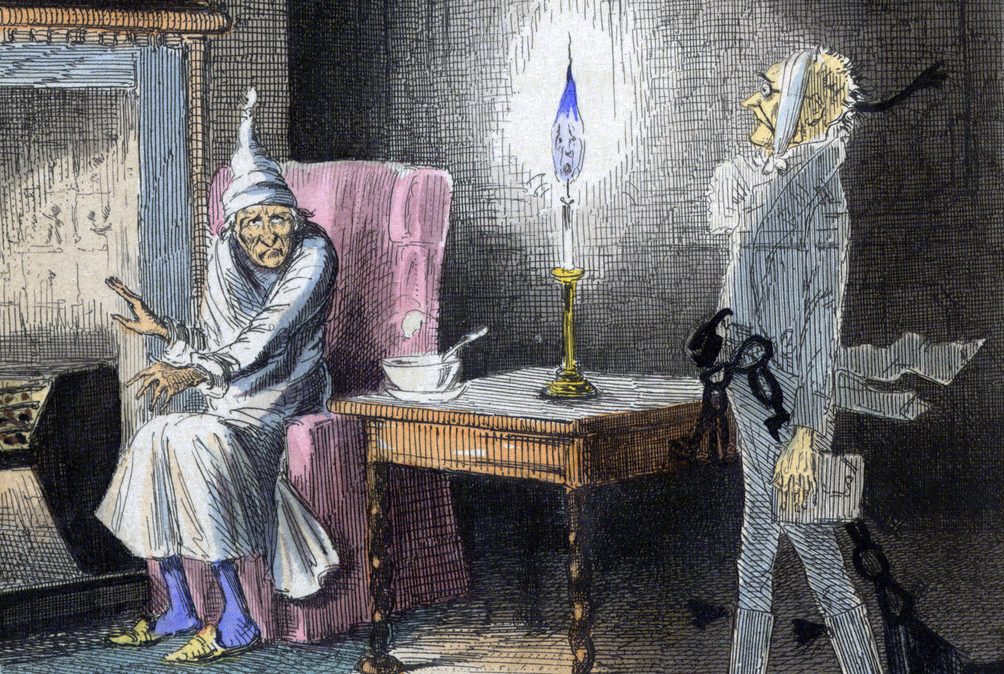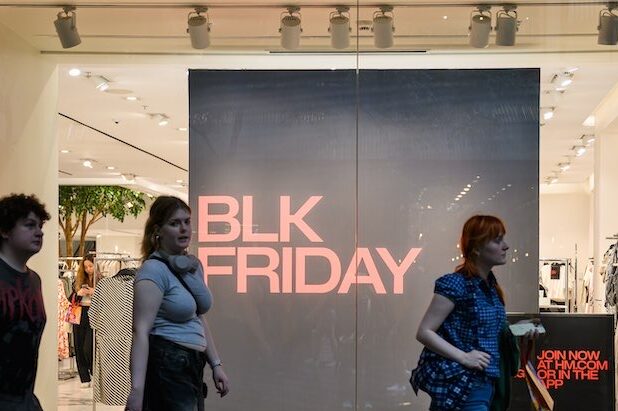
“My ancestor, Ebenezer, about whom Dickens wrote an awful tale as being in need of redemption, was quite as adaptable as today’s mega-rich.,” writes HUGH SCROOGE (aka Selby), in this “CityNews” Christmas exclusive.
I DON’T like Charles Dickens. Dreadful man. Let me tell you why.

My family, the Scrooges, have been prominent in our community for generations. We were prominent, are prominent, because of our wealth, our cost-cutting skills and our admirable tax-minimisation schemes.
My ancestor, Ebenezer, about whom Dickens wrote an awful tale as being in need of redemption, was quite as adaptable as today’s mega-rich.
Just as they set up tax-effective charities so as to have their good works paint a patina over excess wealth, so Ebenezer used “just-in-time” Christmas-time generosity to rebrand his business image.
Ghosts past, present and future, are just Dickens being Dickens – figments of his overactive imagination.
Ebenezer was so astute that he recognised that a shining wall of respectability was a far better way to acquire and keep wealth than his business dealings.
His insights are why the Scrooges turned to the law more than a century ago. There are rich pickings, be it feast or famine in the rest of the economy.
We don’t have a public motto, but our unofficial one is, “Let your greed be our guide”. It’s our secret sign.
You’ll find us in tax havens, special economic zones, in CBDs where the multinationals have naming rights over the biggest, shiniest buildings, and even in public administration centres, where we have persuaded the public servants that commercial lawyers and litigators should be welcomed inside the tent of power.
Our trojan horse is so much more subtle, and effective, than the original. We can “enter the gates” even while we remain outside, such is the power of AVL.
We have guiding principles that we share with our sympatico clients. Among the varied definitions for “principles”, we Scrooges subscribe to this one: “A fundamental truth or proposition that serves as the foundation for a system of belief or behaviour or for a chain of reasoning”.
Note that this definition avoids any overt “love-thy-neighbour” nonsense such as Dickens wanted Ebenezer to embrace. “To thy own self be true” sits nicely alongside this definition.
Our first guiding principle is a “win-win” for us and our clients. It is, “maximise the return on every dollar and every minute spent”.
Our second guiding principle is “inflict pain, early, often and in increased quantum as time passes”. Put another way, their pain causes our pleasure.
Our third is “never apologise, never repent”.
Let me share with you some samples of how we get and stay rich at everyone else’s expense.
Those multimillion corporate fines from government regulators that drive down shareholder dividends, replenish the government granaries, but leave the responsible directors with everything except their annual bonus: we’re there from the outset, on all sides, giving advice in chargeable six-minute units.
Class actions provide the same opportunities, but this time the canvas is a crowded scene, like a Bruegel market. We fund from so many of those in the market, take a big chunk of the payout, and distribute what’s left over to those who put their trust in us.
They gave us bread and we give back sourdough with deli toppings and pastries. They are ever so pleased with their vindication and we are even more pleased with the gelt.
At the personal level there are the fantastic opportunities that arise in defamation actions. Both sides claim to be acting on principles. Maybe they are – noble sentiments and such like.
I don’t pretend to understand their motivation, only how to exploit it. One cannot put a pragmatic price on such principle, and so the sky is the limit for legal costs, our costs.
There is a peculiarity in defamation law that allows a successful plaintiff to recover all their legal costs from an unsuccessful defendant. Near 100 per cent recovery instead of the usual 60 per cent. This is as good as being left alone in an unguarded treasury. Tears of happiness flow as I think about it, about the last time, and the certainty of another time.
Gullible readers of Dickens’ story will remember the clerk Bob Cratchit and his grievously ill son Tiny Tim.
Today’s Scrooges employ a surfeit of new law graduates each year. We watch them fight among themselves – Cratchits scratching – so that only the fittest survive into the second and later years. Naturally, those survivors acquire our values and principles. They learn that to give a little one must take a lot.
Oh, how we love Christmas. Blessed are we who receive the texts and emails for urgent billable action in the New Year.
The Twitter dove that seems to be in free fall – what a bonanza for we Scrooges everywhere. It’s like Robodebt and financial scandals – the gifts that keep on giving.
How to contact us? Look under any letter of the alphabet. Please do get in touch if you have funds to burn or a passion to fight on principle no matter what the cost. Happy Christmas!
Hugh Selby is a recently retired barrister who enjoyed appearing in criminal jury trials and teaching about them.
Who can be trusted?
In a world of spin and confusion, there’s never been a more important time to support independent journalism in Canberra.
If you trust our work online and want to enforce the power of independent voices, I invite you to make a small contribution.
Every dollar of support is invested back into our journalism to help keep citynews.com.au strong and free.
Thank you,
Ian Meikle, editor





Leave a Reply